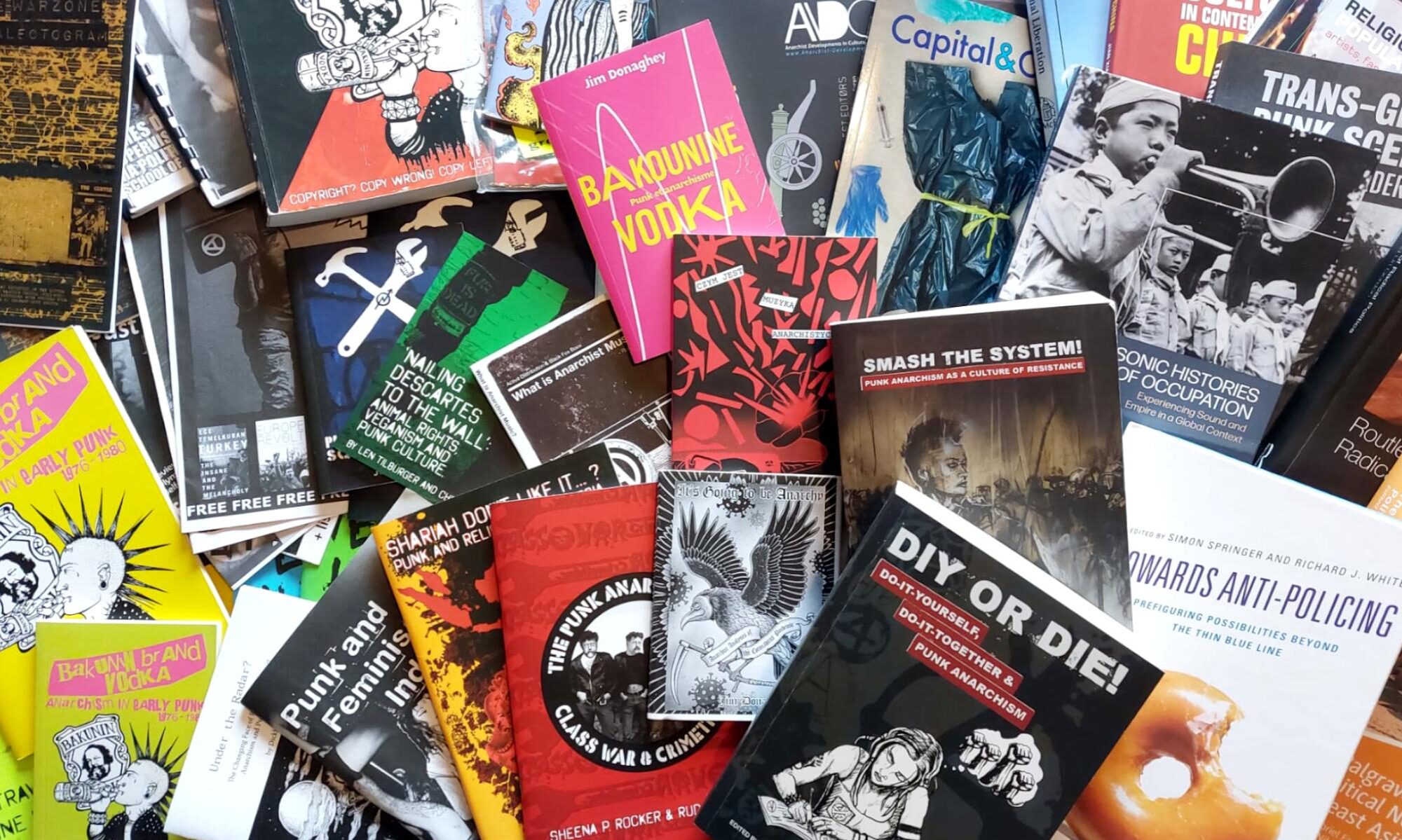With Co-Investigator Dr Robert Porter, this AHRC Early Career project (AH/T007834/1 ) explores the everyday lives and creative activities of ‘punk hinterland’ communities in the ‘failed state’ contexts of Belfast (north of Ireland), Banda Aceh (Indonesia), and Kosovo (Balkans). These research contexts share recent histories of intra-state violence and ongoing legacies of conflict, but are primarily analysed in terms of their shared marginality as cultural producers within contemporary neo-colonial global flows. Ethnographic research augmented by innovative and creative methodologies aims to develop insightful critique. Based at the Centre for Communication, Media and Cultural Studies, Ulster University, Coleraine.
‘Get Portrush a Skatepark!’ Nurturing skateboard culture on NI’s North Coast – innovating a grassroots campaign and policy-oriented lesson-learning
In collaboration with third-sector partner CAUS (the Causeway Association of Urban Sports) and the wider Portrush skateboarding community, this project intervened to develop understanding of the value of skaters as a Creative Community. This mode of community engagement was used to explore the role of emergent cultural voices in a deeply divided context that is experiencing the detrimental social impacts of profit-oriented gentrification. The project produced a range of podcast and video outputs, research report and grassroots policy recommendation, and methodological innovation.
With colleagues at the ALTERSEA Observatory of Political Alternatives in Southeast Asia, this project narrates anarchism in Indonesia as ‘an invisible political space’. Funded by the Centre national de la recherche scientifique (France) and hosted at the Centre Asie du Sud-Est (Paris, France) the project’s outcome will be a web documentary consisting of textual and photographic documentary resources, historical archives and interviews.
Led by Audrey Tuaillon Demésy at the Université de Franche-Comté, laboratoire C3S (Besançon, France). The objective of Aiôn is to propose a definition of alternative leisure activities and to question and delimit the notion of the ‘imaginary’ in order to apply it to the analysis of reality. Jim contributes to the project through his work with punk communities in Belfast in the north of Ireland, and Val d’Ajol in the Vosges region of eastern France. This project is funded by the French National Agency for Research (ANR-19-CE27-0008).
‘The Warzone Dialectogram Project’ (2018-2019)
This creative ethnographic project, with the Belfast-based Warzone Collective anarchist/punk collective as research partners, was focused on a ‘dialectogram’ of their social space, which was evicted in September 2018 and subsequently demolished as a result of gentrification. The ‘dialectogram’ is a methodology which collaboratively creates an annotated A0-size rendering of a physical space, augmented by ethnographic interaction with the community. Part-funded by the Political Studies Association. An A2 fold-out zine format of this project is distributed by Black Fox Boox.
‘Sounding Conflict: from resistance to reconciliation’ (2017-2021)
This project examined the role of sound and music towards peacebuilding in conflict and post-conflict contexts. Jim’s research focus was on Northern Ireland and particularly the development of creative methodologies based on sound.
‘Punk and Anarchism: UK, Poland, Indonesia’ (2011-2016)
This post-graduate (PhD) research project was fully funded by, and hosted at, Loughborough University in the UK. The thesis explores the relationships between punk and anarchism in the contemporary contexts of the UK, Poland, and Indonesia from an insider punk and anarchist perspective, and new primary ethnographic information forms the bulk of the research. The case studies focus on themes such as anti-fascism, food sovereignty/animal rights activism, politicisation, feminism, squatting, religion, and repression.
